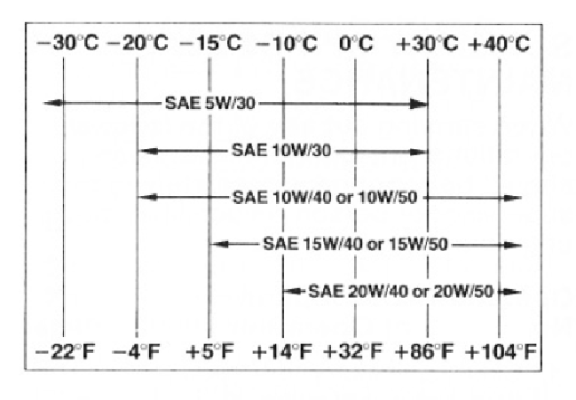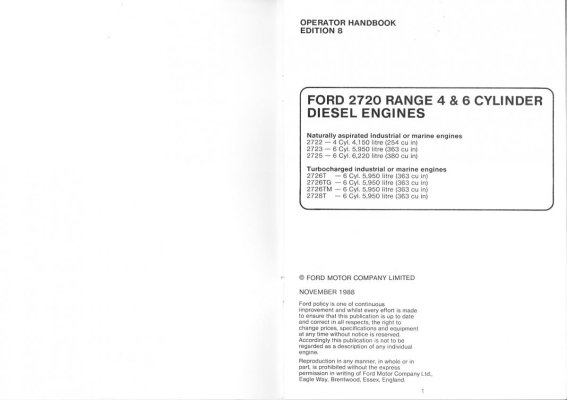Bob Cofer
Guru
That is correct. The boat was originally equipped with a "charge divider" which, I assume, was a couple of diodes through which the alternator was connected to both batteries at the selector switch. And then the batteries were combined when the ignition button was pressed for starting. This "charge divider" was removed by PO for some reason and the alternator was only connected to one bank. By re-configuring I hope to get twice the house bank in the same foot print and an isolated starter battery. I will also fix the problem of the 2nd bank not being charged by the alternator.
Now I see the reason. Gotta love those PO’s.


